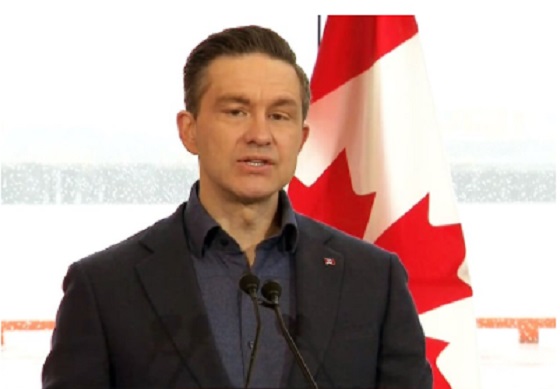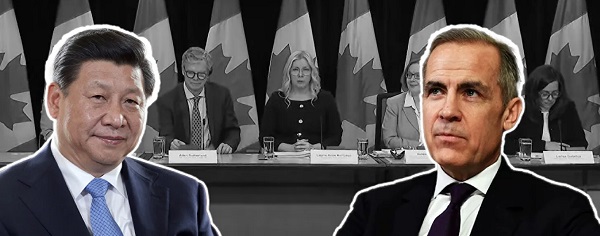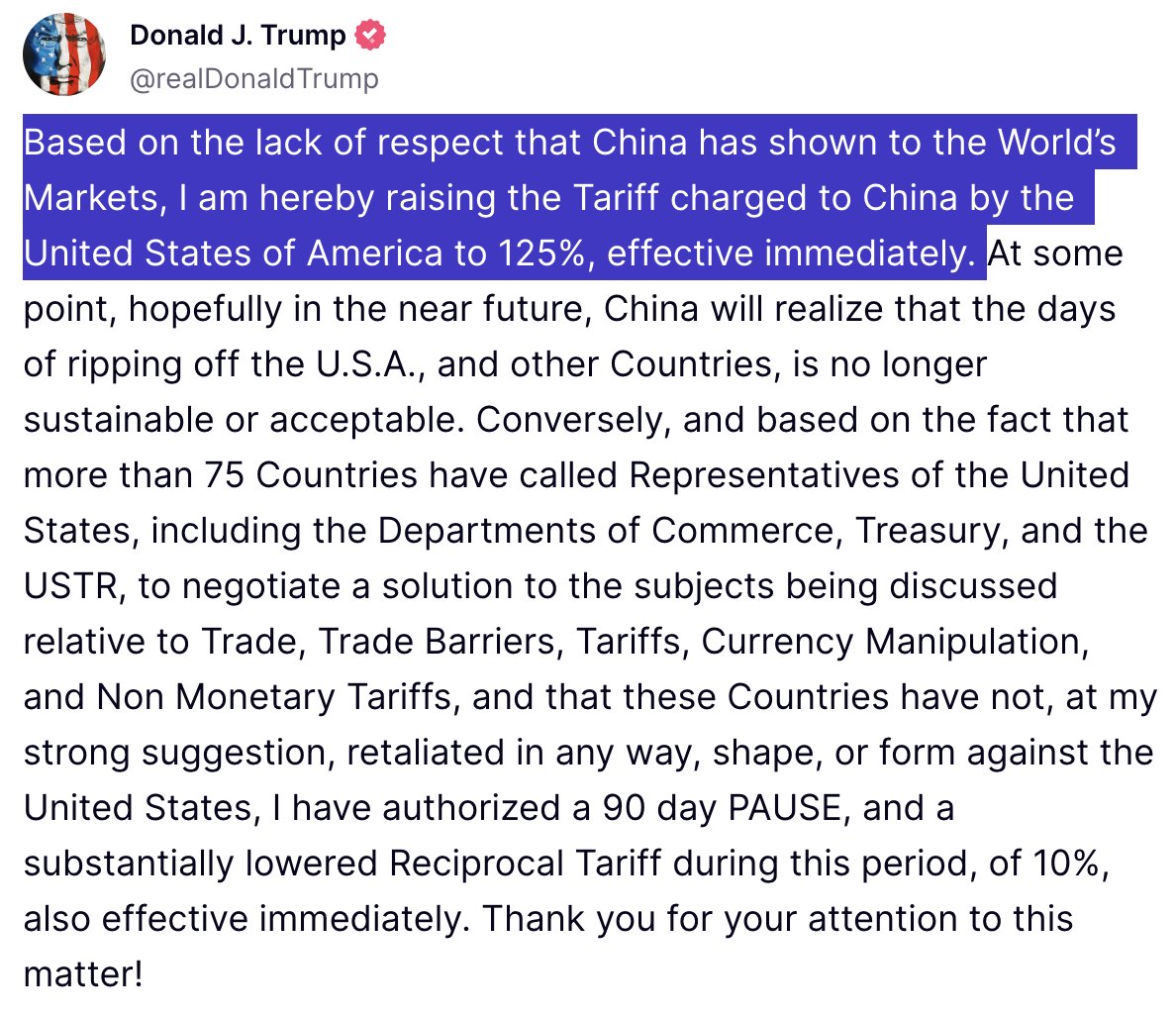Business
GDP growth at a standstill in Canada, oil and gas sector one major bright spot – Conference Board of Canada

Article submitted by the Conference Board of Canada
Muted Outlook for Canadian Economy
Consumer Spending Holding Strong Despite Confidence Being Weak
Despite the progress that has been made, inflation is still weighing down Canada’s economy according to new research from The Conference Board of Canada. In keeping with its previous forecast, real GDP growth will be at a virtual standstill for the rest 2023. For the year as a whole that means a 0.9 per cent gain, followed by only a modest 1.4 per cent improvement in 2024.
“Concerns about the U.S. financial system are unlikely to be mirrored in Canada given our country’s more concentrated banking system,” stated Ted Mallett, Director, Economic Forecasting at The Conference Board of Canada. “The indirect effects will be muted, and business investment was already expected to be weak in Canada so there is relatively little business lending to pull back.”
The global economy has slowed sharply over the past year as major central banks have increased interest rates, but despite the weak near-term growth anticipation, the chances of a severe global recession have receded. Inflation remains a threat, but two key developments provide reason for optimism. The first is the mild winter in Europe eased concerns of an energy crunch, with natural gas prices now lower than before the Russian invasion of Ukraine. The second is China’s removal of the zero-COVID policy, which saw their economy open at a much faster pace than anticipated.
The U.S. economy continues to defy expectations, with an expansion of 2.7 per cent in the final quarter of last year. Several factors should ensure that the coming slowdown in economic growth won’t be as severe as past slumps in economic activity. The major reason behind this view is the excess savings that households in America built up during the pandemic when the opportunity to spend was severely limited.
A slower U.S. economy will weigh on Canada’s trade results in the coming months, but the exports sector will still see a good showing in 2023, according to The Conference Board of Canada. Supply chain disturbances, which significantly restrained activity for many export sectors last year, have shown signs of easing over the past several months. A weak domestic economy, the depreciation of the loonie, and a steep decline in machinery and equipment investment will lead to muted activity for total real imports this year.
The oil and gas sector is a major bright spot in Canada thanks to strong corporate profits and ongoing projects in Western Canada and Newfoundland and Labrador.
Canada’s labour market has seen an impressive start to 2023, according to The Conference Board of Canada, which is being fuelled by an uptick in population growth. International migration to Canada has risen sharply in recent quarters, driven by record immigration targets and increased admissions of non-permanent residents, including temporary foreign workers.
Higher mortgage rates have slowed residential demand and unsurprisingly, the resale market has corrected with sales and prices decreasing. This downturn will frustrate some homeowners who bought at peak prices, while higher interest rates could severely impact some homeowners forced to renew mortgages at higher interest rates.
“While much of the COVID-19 support spending is now in the rear-view mirror, governments continue to have a heightened presence in the economy,” continued Mallett. “The pandemic brought about a new era of challenges to public finances, which were hardly looking rosy heading into the pandemic. The most notable question mark in today’s fiscal climate is how well governments can cope with new economic shocks.”
Business
Trump raises China tariffs to 125%, announces 90-day pause for countries who’ve reached out to negotiate

 MxM News
MxM News
Quick Hit:
On Wednesday, President Donald Trump announced an immediate increase in tariffs on China to 125%, citing “a lack of respect” toward global markets. At the same time, he approved a 90-day pause and tariff reduction for over 75 countries that have engaged with the U.S. on trade reforms.
Key Details:
-
Trump said the dramatic tariff hike on China is meant to send a clear message: “the days of ripping off the U.S.A., and other Countries, is no longer sustainable or acceptable.”
-
The president added that over 75 countries have reached out to the U.S. Departments of Commerce, Treasury, and the U.S. Trade Representative (USTR) to negotiate on issues including trade barriers, tariffs, and currency manipulation.
-
As a goodwill measure, Trump authorized “a 90 day PAUSE, and a substantially lowered Reciprocal Tariff during this period, of 10%, also effective immediately,” noting that these countries had not retaliated against the U.S. despite strong prior warnings.
Diving Deeper:
President Donald Trump on Wednesday took a major step in reshaping the global trade landscape, announcing via Truth Social that he is raising tariffs on China to 125% effective immediately. Trump attributed the decision to “the lack of respect that China has shown to the World’s Markets,” and said it is time for Beijing to face consequences for its trade practices.
“At some point, hopefully in the near future, China will realize that the days of ripping off the U.S.A., and other Countries, is no longer sustainable or acceptable,” Trump stated.
The president emphasized that this was not a blanket policy toward all trading partners. In contrast to China, Trump said more than 75 countries have reached out to American trade officials to address ongoing issues related to tariffs and trade barriers.
“More than 75 Countries have called Representatives of the United States, including the Departments of Commerce, Treasury, and the USTR, to negotiate a solution to the subjects being discussed relative to Trade, Trade Barriers, Tariffs, Currency Manipulation, and Non Monetary Tariffs,” he wrote.
Citing those discussions and the absence of retaliation against the U.S., Trump approved a temporary reduction in reciprocal tariffs for those countries. “I have authorized a 90 day PAUSE, and a substantially lowered Reciprocal Tariff during this period, of 10%, also effective immediately.”
The move reflects a two-pronged strategy—punishing China for what Trump sees as longstanding economic abuses while rewarding countries that have shown a willingness to work with the U.S. to level the playing field.
The 125% tariff marks one of the most aggressive steps in Trump’s America First trade doctrine, likely signaling to both allies and adversaries that a second Trump administration would continue its hardline economic policies.
Alberta
Alberta takes big step towards shorter wait times and higher quality health care

From the Fraser Institute
On Monday, the Smith government announced that beginning next year it will change the way it funds surgeries in Alberta. This is a big step towards unlocking the ability of Alberta’s health-care system to provide more, better and faster services for the same or possibly fewer dollars.
To understand the significance of this change, you must understand the consequences of the current (and outdated) approach.
Currently, the Alberta government pays a lump sum of money to hospitals each year. Consequently, hospitals perceive patients as a drain on their budgets. From the hospital’s perspective, there’s little financial incentive to serve more patients, operate more efficiently and provide superior quality services.
Consider what would happen if your local grocery store received a giant bag of money each year to feed people. The number of items would quickly decline to whatever was most convenient for the store to provide. (Have a favourite cereal? Too bad.) Store hours would become less convenient for customers, alongside a general decline in overall service. This type of grocery store, like an Alberta hospital, is actually financially better off (that is, it saves money) if you go elsewhere.
The Smith government plans to flip this entire system on its head, to the benefit of patients and taxpayers. Instead of handing out bags of money each year to providers, the new system—known as “activity-based funding”—will pay health-care providers for each patient they treat, based on the patient’s particular condition and important factors that may add complexity or cost to their care.
This turns patients from a drain on budgets into a source of additional revenue. The result, as has been demonstrated in other universal health-care systems worldwide, is more services delivered using existing health-care infrastructure, lower wait times, improved quality of care, improved access to medical technologies, and less waste.
In other words, Albertans will receive far better value from their health-care system, which is currently among the most expensive in the world. And relief can’t come soon enough—for example, last year in Alberta the median wait time for orthopedic surgeries including hip and knee replacements was 66.8 weeks.
The naysayers argue this approach will undermine the province’s universal system and hurt patients. But by allowing a spectrum of providers to compete for the delivery of quality care, Alberta will follow the lead of other more successful universal health-care systems in countries such as Australia, Germany, the Netherlands and Switzerland and create greater accountability for hospitals and other health-care providers. Taxpayers will get a much better picture of what they’re paying for and how much they pay.
Again, Alberta is not exploring an untested policy. Almost every other developed country with universal health care uses some form of “activity-based funding” for hospital and surgical care. And remember, we already spend more on health care than our counterparts in nearly all of these countries yet endure longer wait times and poorer access to services generally, in part because of how we pay for surgical care.
While the devil is always in the details, and while it’s still possible for the Alberta government to get this wrong, Monday’s announcement is a big step in the right direction. A funding model that puts patients first will get Albertans more of the high-quality health care they already pay for in a timelier fashion. And provide to other provinces an example of bold health-care reform.
-

 2025 Federal Election2 days ago
2025 Federal Election2 days agoPoilievre Will Bring in ‘One and Done’ Resource Approvals, and Ten Specific Projects Including LNG Canada Phase II
-

 2025 Federal Election2 days ago
2025 Federal Election2 days agoElection Security Briefing Confirms CCP-Linked Operation Boosted Carney
-

 conflict2 days ago
conflict2 days agoZelensky Alleges Chinese Nationals Fighting for Russia, Calls for Global Response
-

 2025 Federal Election2 days ago
2025 Federal Election2 days agoHarper Endorses Poilievre at Historic Edmonton Rally: “This Crisis Was Made in Canada”
-

 John Stossel22 hours ago
John Stossel22 hours agoGovernment Gambling Hypocrisy: Bad Odds and No Competition
-

 Bruce Dowbiggin2 days ago
Bruce Dowbiggin2 days agoBettman Gives Rogers Keys To The Empire. Nothing Will Change
-

 2025 Federal Election2 days ago
2025 Federal Election2 days agoAn In-Depth Campaign Trail “Interview” With Pierre Poilievre
-

 Alberta23 hours ago
Alberta23 hours agoAlberta’s embrace of activity-based funding is great news for patients











